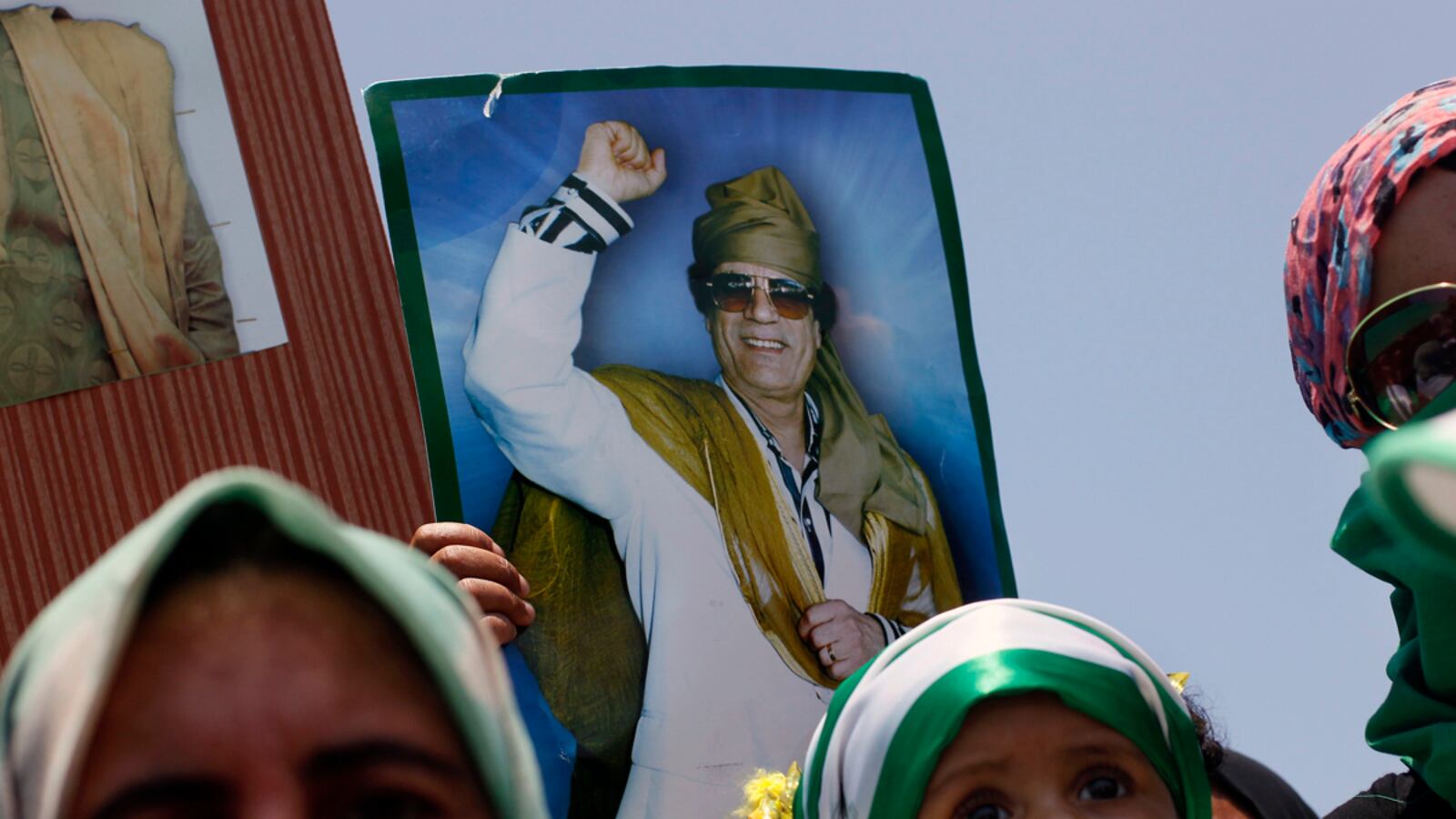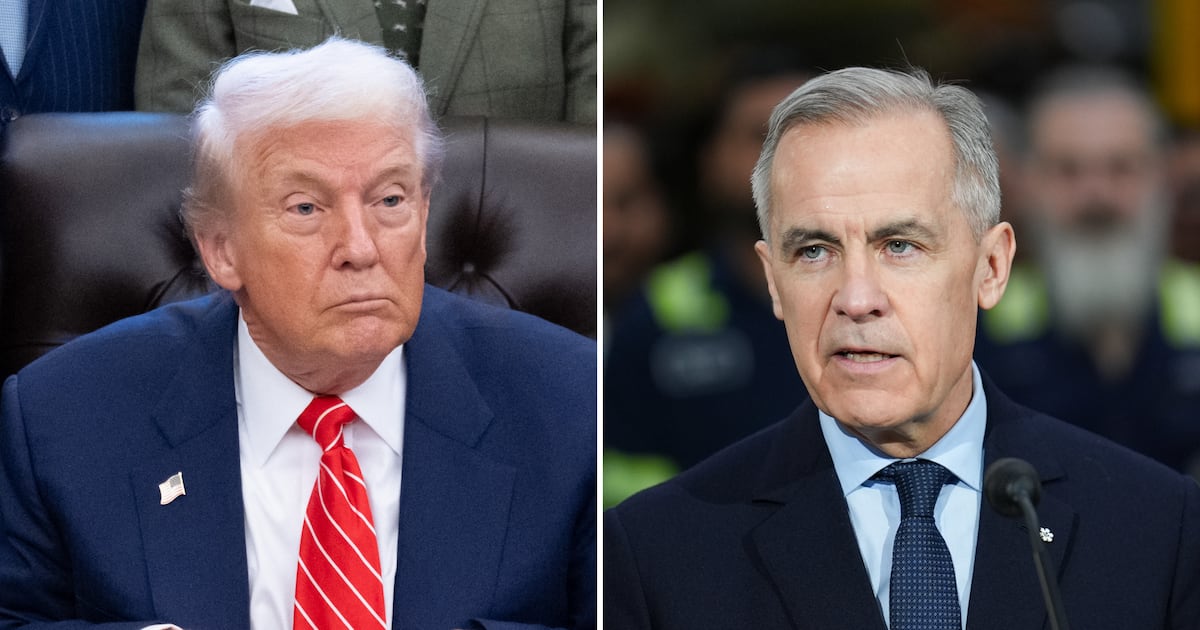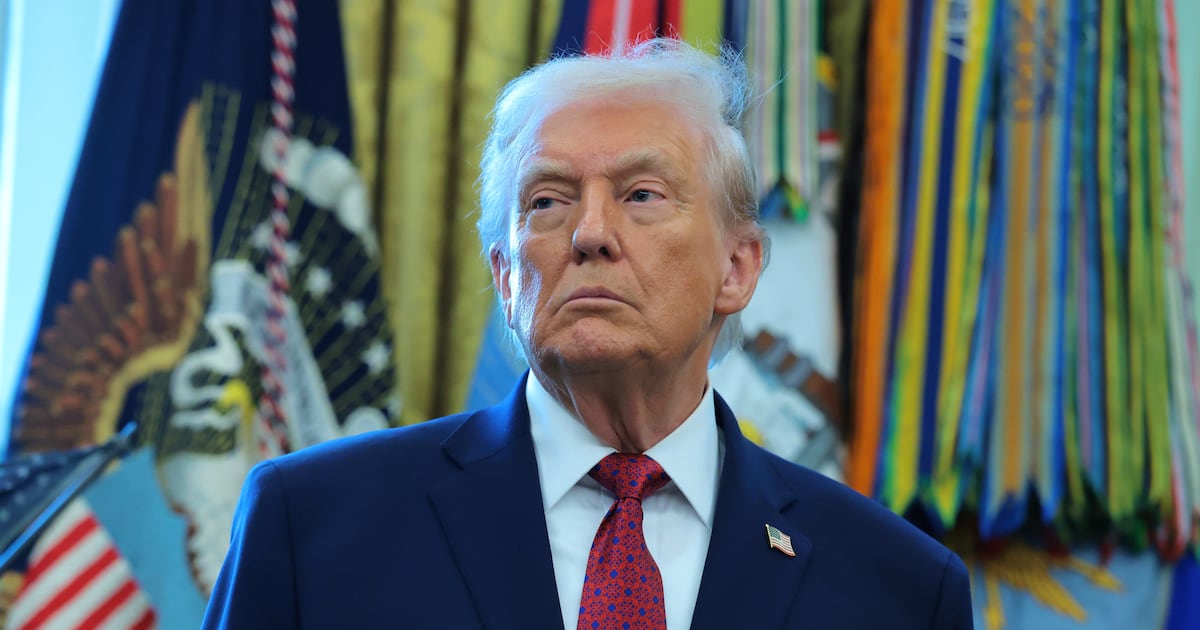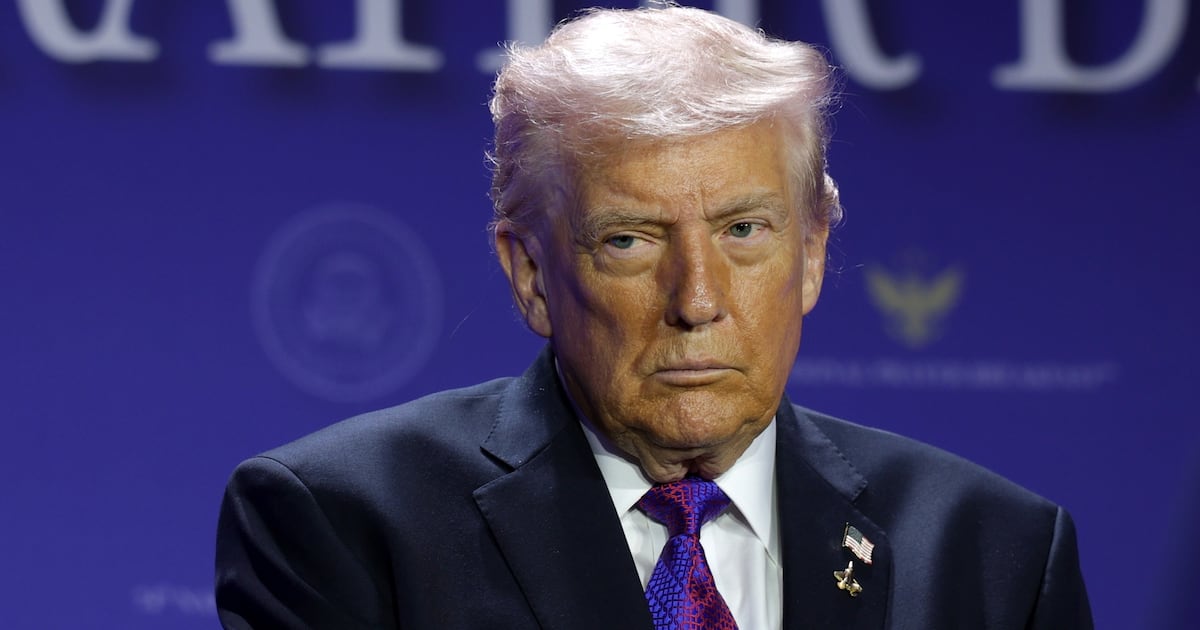Given the duration of the war in Afghanistan, its 2012 political implications, and the extent of American casualties, it was understandable last week that much of the media’s attention was focused on President Barack Obama’s announcement of withdrawing troops from the war-torn country. Yet that focus seemed to mask the growing problems in Libya, where thanks to presidential incompetence and congressional confusion, our policy remains in utter disarray.
Last week, when asked to support U.S. military activities in the oil-rich nation, the House of Representatives voted “present.” The House overwhelmingly rejected an explicit authorization of force, but also rejected an effort to prohibit its funding. If anyone needed evidence as to why the founding fathers did not give Congress the authority to “make war,” this was surely it.
If we consider what to do next, the answer seems to be not much. The House’s contradictory signals left our allies in dismay, and seemed to encourage Muammar Gaddafi, the Libyan strongman, to continue to hold out. The end result could be negotiations, followed by a stalemate or the country’s partition, and the eventual empowerment of Islamist elements within the Libyan opposition.
With the prospects for Congressional action now remote, what we need is leadership from our president, but Obama has little credibility. Critics have savaged him for his military intervention—from his basic rationale and laughable interpretation of the War Powers Act, to the constraints he imposed on our military and his refusal to directly target Gaddafi.
These criticisms are essentially correct. Obama’s rationale for intervening--protecting Libyan civilians--tugs at the heart strings, but conveys no strategic U.S. interest. In fact, Obama undercut his own logic last week, saying in his Afghanistan speech that it was now “time to focus on nation building here at home.” Going forward, I’m certain he will rue that cheap and irresponsible line, which his opponents will surely use against him in the lead up to the 2012 election.
Of course, there is a strategic interest in toppling Gaddafi, as the Libyan leader has threatened to re-engage in international terrorism and resume his quest for nuclear weapons. But Obama missed it. After months of dithering, NATO is now clearly targeting Gaddafi, yet Obama is unwilling to say so, even though killing the brutish dictator is precisely the way to protect Libyan civilians. Instead, Obama seems more interested in pursuing an ideological abstraction, the gauzy “responsibility to protect” doctrine, rather than concrete U.S. interests. And we are now paying for this ideological frolic.

From the beginning, Obama erred initially in his failure to get congressional authorization for the use of force. There was a compelling case, but he seemed more interested in getting the approval of both the Arab League and the United Nations Security Council. He could have even gained congressional approval after prevailing at the U.N., as George H.W. Bush did in 1990 when Saddam Hussein invaded Kuwait, but Obama chose to pass entirely.
Getting Congress onboard is not constitutionally required, but it would have been politically prudent. When things get rough, as they have, it’s always good to have an insurance policy. Inexplicably, Obama didn’t, as his political instincts seemed to vanish. Even worse, before the House voted last week, the White House did precious little lobbying to salvage its position.
Adding insult to injury, Obama tried to address the War Powers Act by twisting words beyond comprehension. Arguing that the United States was not engaged in “hostilities” ruffled nearly every feather on Capitol Hill that he had not already ruffled to begin with. As Humpty Dumpty once said, per Lewis Carroll: “When I use a word, it means just what I choose it to mean, neither more nor less.”
Operationally, Obama also erred by imposing self-defeating constraints on the U.S. military. Although American forces dominated the initial attacks, they were later restricted to mainly intelligence, logistical and support functions, while our allies carried out the bulk of the subsequent strikes. This display of multilateralism has unquestionably extended what could have been a short, sharp encounter into one that has now lasted more than 100 days.
Because of these missteps, Gaddafi still has control over parts of Libya. With no end in sight, the President and Congress have sent our NATO allies, Gaddafi’s government and the Libyan opposition a clear message in their confusion: That our resolve is weak, our commitment is uncertain, and our willingness to establish a pro-Western regime is minimal.
In turn, Gaddafi will likely remain determined to fight, and NATO will grow wobbly and negotiate a settlement that leaves the Libyan leader with at least partial control. And while the Libyan opposition undoubtedly contains more desirable alternatives to Gaddafi, opposition leaders admit there is a substantial terrorist presence within their ranks, and our blunders have increased the possibility that Islamic extremists will take over.
There is simply no reason for optimism here. Without a new president, America’s international position, especially in the Middle East, will only grow worse. For those who do not believe national security is of much interest to the U.S. electorate, think again when gasoline prices resume their inexorable rise, when Iran’s nuclear weapons programs progress beyond the point of no return, or if the United States suffers another terrorist attack.






